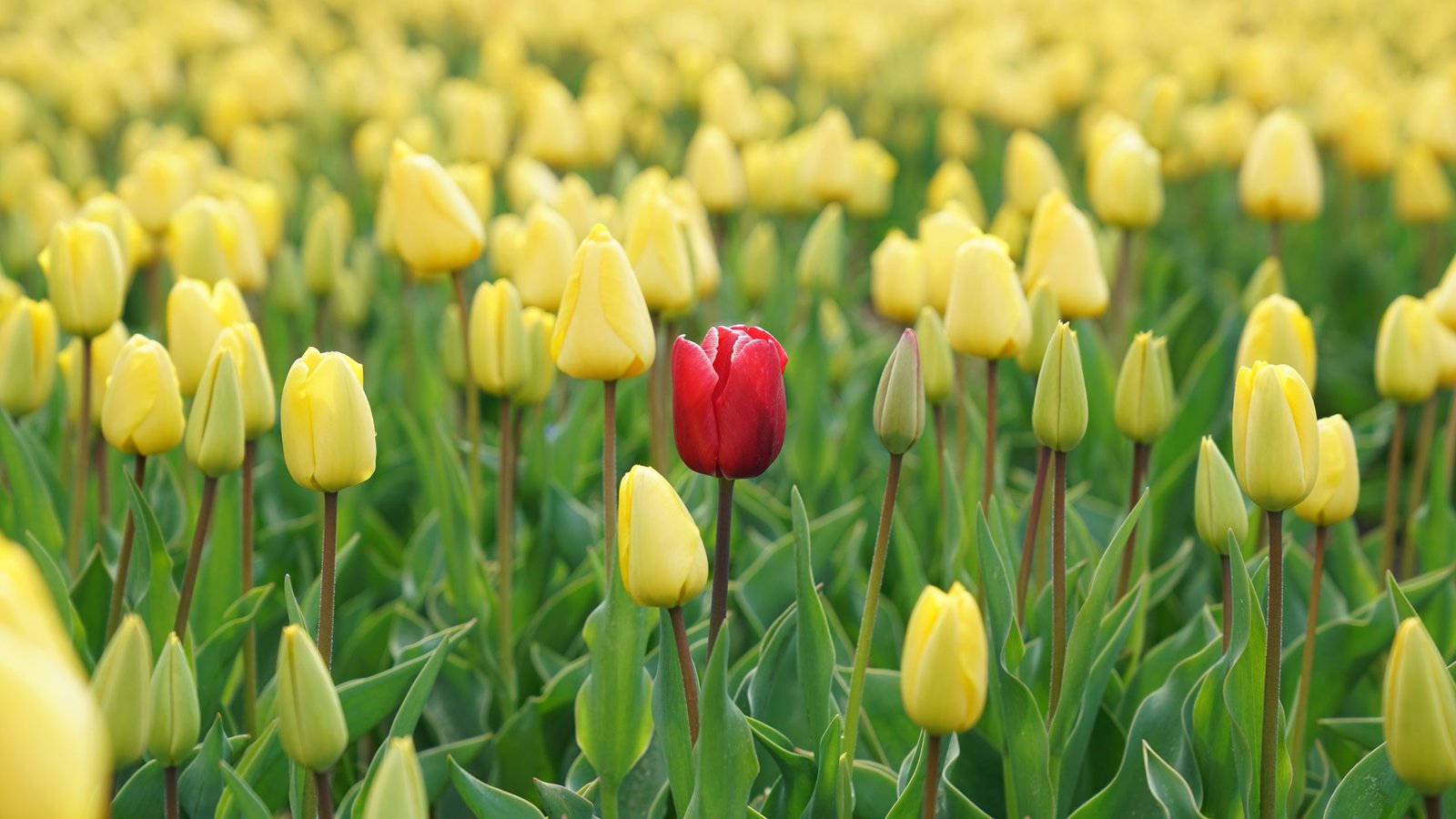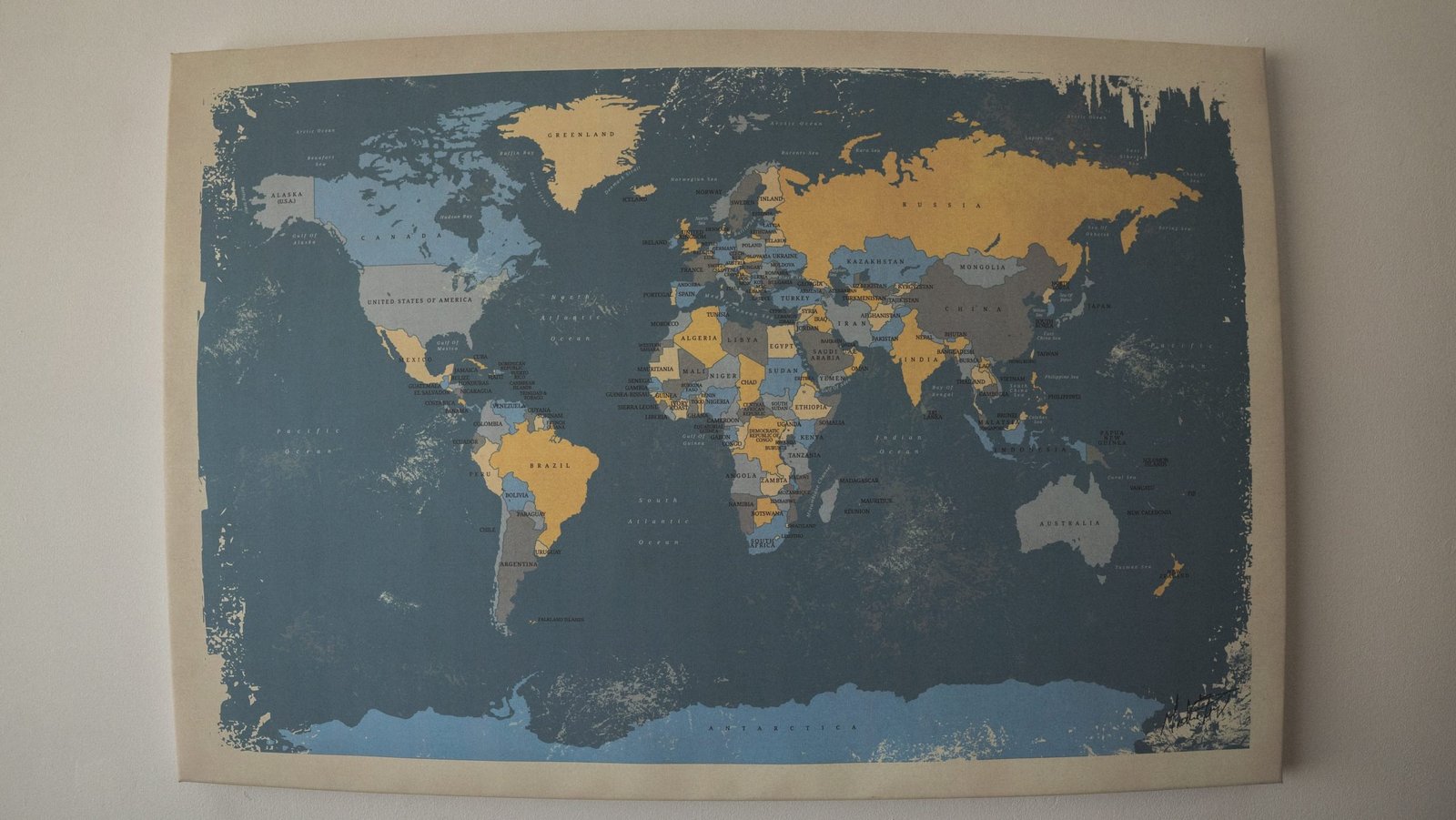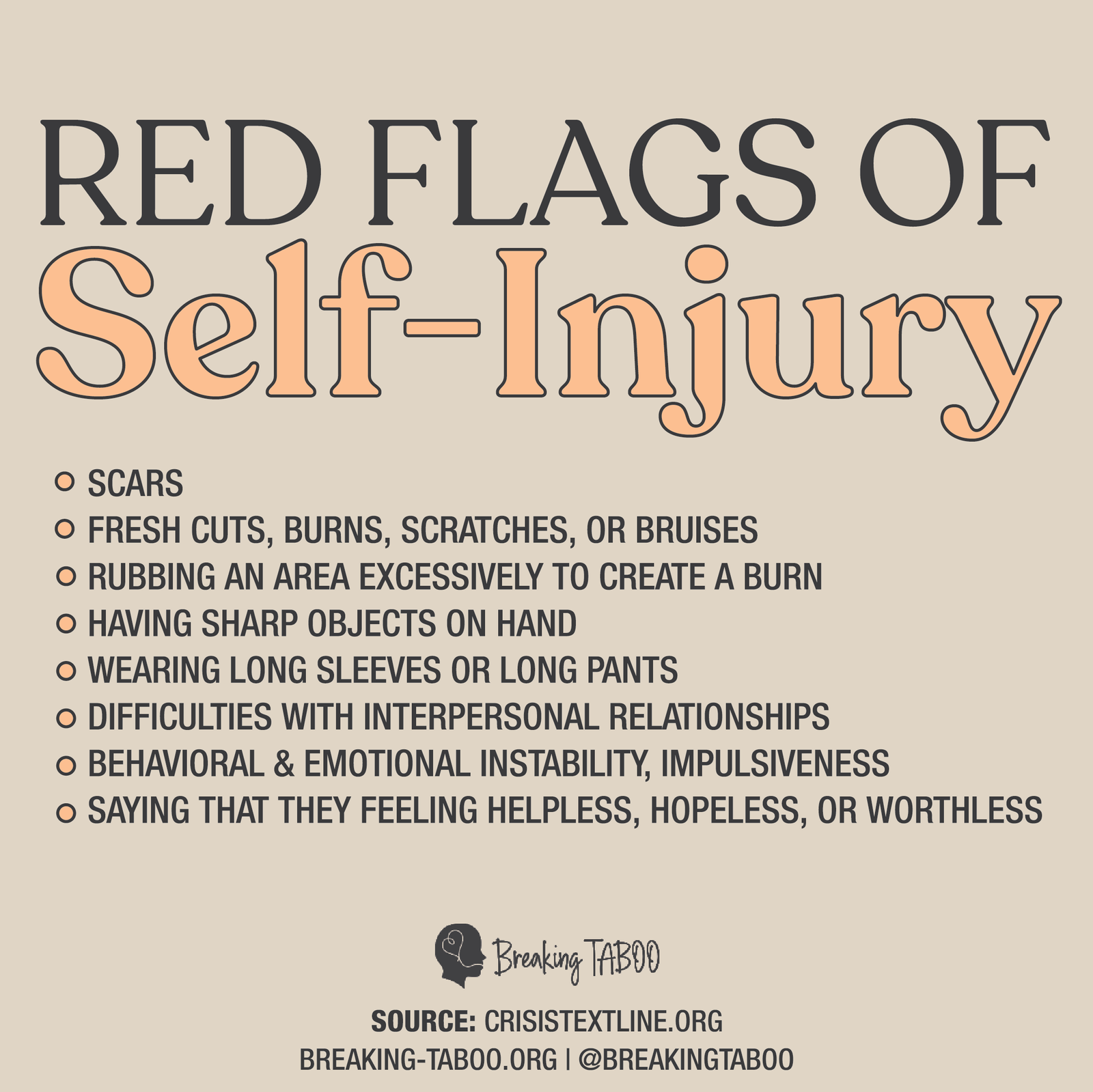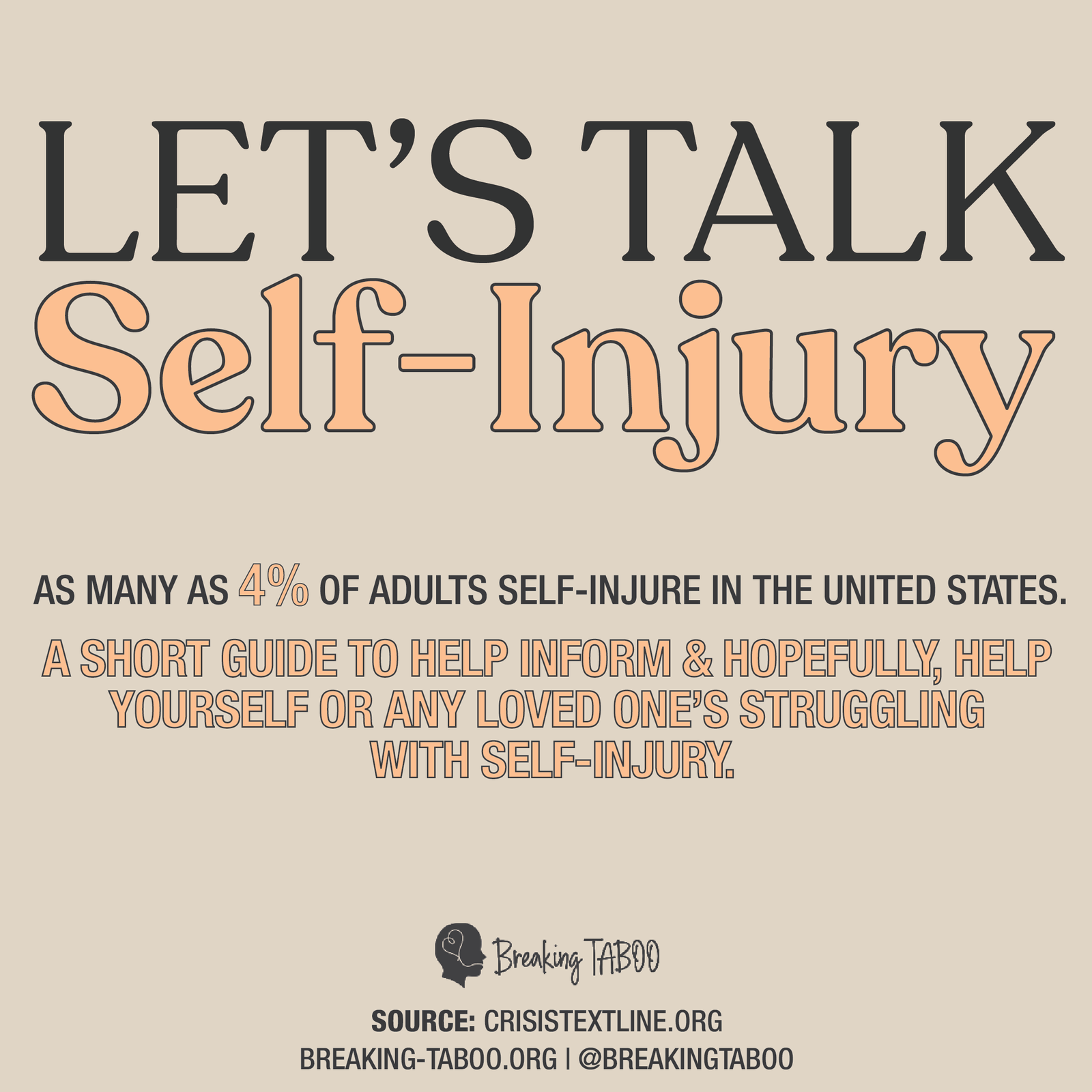“Self Love” has become one of the catchiest concepts being thrown around in Western society, a terminology seemingly present now everywhere we look; on billboards, all across our social media feeds, in meditation practices and therapy practices. It is now a popular mindset to aspire toward, a fundamental mental health tool, a necessity for us to heal ourselves, gain more confidence, and become our highest selves, whatever that means.
But what does “Self Love” actually mean?
Since you are reading this article in English, published for English readers, I will assume that you are familiar with the Western standards of Self Love, which include themes such as: “Putting myself first” , “Loving myself before loving others” , “Taking care of myself” , “Accepting myself.”
In the above versions of “myself” and “us”, I am referring to those definitions as regarded within the Western society, more specifically, as a member of my own Western society, America, the land of individualism and Hollywood romance. The land, perhaps, at the forefront of the Self Love movement.
Is it possible, however, that the concept of Self Love may be drastically different in Eastern cultures, or perhaps even not exist at all in other cultures?
Before you begin to argue for or against what I am saying, let me give you a little background about myself. I am American. I am Chinese. I suppose, that makes me, “Chinese-American”, and because I disagree with the logic behind the pre-emphasis on a person’s precedent country over their citizenship country, I choose to call myself “American-Chinese” (for more context, refer to my discussion with WeRise LA speaking about the disadvantage of the concentrations of placing minority countries first). The point is, I am most definitely both. I am both American and Chinese. I am perhaps more both because I am first generation, and therefore have both the privilege and the challenges of assimilating with two different cultures located on two different sides of the world.
Inherently and understandably, my two cultures can sometimes be very different in their viewpoints of society, of life, of the way things should be, of what is “right” and what is “wrong”. Growing up, it was a difficult battle of dual identities and opposing values. It is something that I still find myself struggling with, especially with the addition of mindset shifts that come with generational changes.

When I mention that Self Love may not exist in Eastern cultures, my fellow Americans are often surprised. It can be difficult for human beings to comprehend the things which we have not been exposed to. The few times I have mentioned this, the responses I have gotten have been disbelief, followed by a sort of pity, or judgmental comments that have warranted a sense of shame and embarrassment, such as “Oh no, there must be something wrong…” or “That’s too bad” .
However, as far-fetched as it may sound, there are in fact valid reasons why “Self Love” may not be considered important in other cultures.
I will follow this up with something that may be even harder to comprehend, that the reason behind this is that there really isn’t a concept of “Self” nor a concept of “Love” in Eastern cultures; Correction, rather, I should say, the concept of “Self” and “Love” is so different in Eastern cultures, that one could argue that the definitions of these words as it is understood in the Western culture do not exist in the East.
I mean, if we really think about it, does anything exist outside of our comprehension of it? But that’s rhetorics, and so I digress…

In late January 2022, Breaking Taboo, the mental health organization that I founded, celebrated our first Annual Breaking Taboo Week, an entire week dedicated to, you guessed it, Self Love. Every day we had a different concentration, a different way to practice self love. We had “Self Forgiveness Day”, “Self Reflection Day”, “Physical Health Day”, and more. We will be celebrating this week yearly because we are all fans of this concept. I too have spoken about “Self Love” with enthusiasm and, well, with love. But still, something was unsettling, something didn’t feel quite whole to me, like there was a part of me that knew there was much more to explore about this theme, that we were only seeing half of the picture.
I began thinking about the concepts of the words themselves, “Self” and “Love”, which are in of itself two top ideals of western society. I couldn’t shake the cognitive dissonance coming from my Eastern lens, nor could I ignore my conscience telling me that I knew there was an entirely different side to the equation, and that there was indeed an equation at hand that I must figure out.
Does Self Love exist in Eastern philosophies?
I set out to find the answer to that question, and my answer became a theory. What I am proposing is the possibility that such linguistic concepts and mindsets are so heavily influenced by culture that they cease to exist in diametrically opposite philosophies. Or at least, its meaning is lost, or obscured, or altered, in such a different way that changes the concept itself, making the concept as we know it nonexistent in said cultures, or at the very least, puts the definitions on an entirely different planes.
That’s not so uncommon as one might think. In fact, I think that we can say this of many things which are coined by the collective mindsets of societies, as both language and society itself have so been created. Once we are aware of the differences in our societies, it becomes entirely valid, though it does take a type of deep understanding to wrap our heads around- a sort of “imagining oneself in another’s shoes”; and being able to wear another’s shoes, perhaps, an essential challenge of understanding the human psyche.

Lets examine “Self-Love”.
First, we must realize that the term “Self-Love” is still a new term relative to the English language and mental health. In fact, in doing an internet search on the term “Self Love” today, you will get many different definitions, ranging from “An appreciation of one’s own worth or virtue, to inflated love of or pride in oneself : NARCISSISM, CONCEIT” (Merriam-Webster, 2022)
The linguistics become more complicated, however, when we break down the words “Self” and “Love” , and compare them cross-cultures.
Lets start with the word “Self” .

In the Wild West, where being wild and free is a virtue, the “Self” represents individuality. This leads to the individualistic mindset that Westerners so proudly carry, the idea that independence triumphs, that standing out is a positive attribute.
The father of psychology, Sigmund Freud, introduced the id, ego and superego, in which the ego or the self takes the middle position and thus becomes a symbol of personal identity. Therefore, it can be said that the foundation of psychology itself has been built upon the Western theory of “Self”.
“Western, or more individualist cultures, view the self as separate and focus on self, independence, autonomy and self-expression are reinforced through social and cultural norms. This is the independent self-concept.” (1)
However, Eastern and Western concepts of the Self are diametrically opposite. “Self” in the Eastern philosophy, on the other hand, are represented by the views of Confucianism, Taoism, Buddhism and Hinduism. (2)

“Non-western or collectivistic cultures view the self as interdependent and inseparable from social context and individuals socialized to value interconnectedness consider the thoughts and behaviors of others. Asian participants were more than twice as likely to include references about other people in their self-concept as did their Western counterparts. This greater emphasis on either external or social aspects of the self-concept reflects the relative importance that collectivistic and individualistic cultures place on an interdependence versus independence.”
It seems, in the West, there is a preoccupation of Self. Of defining the self, of studying the self, of loving the “Self”. “There exists a multitude of definitions of the “self”, whereas in the East the predominant view is that the self is rather an illusion.” (2)
Now that we understand better the different existences of “Self”, lets take a closer look at the word “Love”.

The concept of “Love” in the western world carries with it a theatrical movie type of glamour, highly influenced by Hollywood films and dating back even to Shakespearean plays, where love was at the center of every plot and passion was at the heart of it all. Afterall, what is love without passion and romance? What is love without a good fight? What is love if it does not bring about the most important western ideal of all: Emotion?
In the East, passion and emotion is not an ideal. Rather, it can be seen as a fluttering, unstable, passing feeling- something which can get in the way of the more important ideals: Duty, Responsibility, Respect, Commitment, Society.

“Falling in love is arguably about pleasing yourself, and some cultures put more emphasis than westerners do on serving your family or your community… When you look at cross-cultural research of romantic relationships, you get these very striking cultural differences… Historically, “falling in love before marriage in India was considered an actively antisocial act,” … “In ancient China, the word for love connoted a very socially disrespectable relationship.” “
When asked about love, many people in China will talk about melding two families, or carrying on the family name. They’re likely to emphasize long-term attachment, rather than Hollywood-style romance. They’ll talk about duty and commitment… the word that kept coming up was “responsibility.”
[One Chinese participant of a study on romantic love said] she’s hoping to find a husband whose parents will get along with her parents. (3)

It’s interesting to note though, that William Shakespeare explored this exact conflict, of surrendering to love versus committing to the duties of one’s family, in arguably his most famous play: Romeo and Juliet. It was a play full of passion, and, well, we all know the ending of that one.
But, again I digress…
Now that we have examined each word individually, it is time to compare them together cross-culturally.
In the West, “Self Love” is synonymous with the intentional behavior of thinking of ourselves first and foremost, above anything else. We perceive it as if it were a duty to oneself. There is an old saying of “You must love yourself first before you can love another.”
In the Western philosophical context, self-love is concerned with the individual’s rights, dignity, and intrinsic sense of value, as well as one’s relationship with oneself, and society as a whole only serves to promote an individual’s happiness.
We found that the Chinese view of self-love includes four dimensions: self, family, others, and society
Western scholars’ description of self-love is relatively broad, while Chinese scholars’ description of self-love is more specific, including body, ability, reputation, etc., and has the meaning of restraint.
Chinese self-love includes not only self but also family and society. Self-love plays an important role in Chinese life. But it is a concept that involves the individual, relationships, and society. (4)

Therefore, on one side of the world, we are preaching “Self-Love” as valuing the “Self”, the individual, above everything and everyone else, that we ourselves are our first and most important responsibility. On the other side, however, we have a concept of “Self-Love” that does not only involve oneself, as the concept of “Self” is more or less an illusion and involves others including the family, community, and society, that both “self” and “love” involves responsibility to other people.
In Eastern cultures, we rarely hear talk of “Self Love” in comparison to Western cultures. Is it because the terminology, which stems from the West, is so new that it has not caught on in the other side of the world yet? Or is it not catching on because the terminology itself represents something so different, something that is more of an illusion, a feeling?
It could be a mixture of both. However, such polar differences in cognition is something I have been struggling with all my life. This is an issue that is more unique to first generations, though I am sure I am not the only one who has had to struggle with the cognitive dissonance of opposing value systems, and being told that one way of thinking or living is “healthier” or “better” than the other from both sides of the coin, er, the world.
This is, in fact, what I strongly believe is a problem with present day therapy. Yes, as much as I advocate for everyone- including therapists- to get therapy, I recognize that there are many problems with therapy at its modern day level which are not easy to solve. I believe that therapy as a profession is unfortunately not yet advanced enough to be inclusive of such problems; the research does not even exist to create therapeutic modalities sustainable of such issues such as culture opposition. On top of that, the very necessity of whether or not it is necessary to alter therapy techniques according to culture is still being debated by therapists today. Therefore, how can a therapist treat, say, “Self Love” issues, if that therapists’ ideas and training on Self and Love are so different from the clients’? (My next article will focus on this topic entirely.)
Guess what else is almost entirely Westernized? Therapy.

Therapy is actually a Western invention, and to this day has had very little influence from other schools of thought from other cultures such as Eastern, African, Middle Eastern, and Latino cultures. That is a lot of cultures, with extremely different mindsets, beliefs, and value systems, which have not been included in the development of present day therapeutic modalities. The challenge, in my opinion, is profound and complex.
However, it is important to note that psychology, neurology, sociology, and therapy, just like medicine and physiology, have come a long way. I do believe that with every disadvantage of therapy, there are more advantages. I do believe, in general, the pros outweigh the cons.
It is also important to bring up that research on the intrinsic human experience of Love has shown that it is universally shared and experienced in the same way cross all cultures studied. That may mean something to all the romantics out there, such as myself. I’d like to believe that deep down, we all understand each other on an intrinsic level, regardless of language and linguistics.
“The basic conclusion was that love is a universal emotion experienced by a majority of people, in various historical eras, and in all the world’s cultures, but manifests itself in different ways because culture has been found to have an impact on people’s conceptions of love and the way they feel, think, and behave in romantic relationships” (5)

Finally, it is important to be mindful that there are many different countries in Asia, and while they tend to share many overarching ideals, they also share many differences. The same of course can be said of the Western countries. A trip to Europe yields just as many similarities as there are differences between each unique country, all of them slightly similar and yet so different to America.
Speaking of mindsets shifting with generations, so does it with cultures; and while we do see the mindsets of cultures intertwining as we progress in civilization and cross culturalism, we become also more conscientious of diversity, and hopefully more conscientious of how to live with our differences, while progressing toward ways of mutual understanding, and individual awareness. It is not often easy.
We witness our views of health and mental health progressing as well. The concept of “Self Love” is relatively new in the health field. It too, has progressed quickly into its popularity that we are witnessing today. Overall, we are, hopefully, changing from black and white views of what is normal and what is abnormal to acceptance of our specialties, of each other. That too, has not often been easy.
But hopefully, it is getting easier.
~ Serena Sun
Founder & Director of Breaking Taboo
References:
- Culture and Psychology, Self and Culture, 2020, L D Worthy; T Lavigne; and F Romero, https://open.maricopa.edu/culturepsychology/chapter/self-and-culture/
- The Concept of Self in Eastern and Western Philosophy, Petar Radoev Dimkov South-West University, “Neofit Rislki”, Blagoevgrad, BULGARIA Faculty of Philosophy, Department of Philosophical and Political Sciences, 10 July 2020, https://centerprode.com/conferences/5IeCSHSS/coas.e-conf.05.17197d.pdf
- The World, Does the West have a monopoly on romantic love?, Catherine Winter, Feb. 19, 2014, https://theworld.org/stories/2014-02-12/does-west-have-monopoly-romantic-love
- Li Ming Xuie, Xi Ting Huang, Nau Wu and Tong Yue, “A Qualitative Exploration of Chinese Self-Love”, Front. Psychol., 29 March 2021, https://doi.org/10.3389/fpsyg.2021.585719
- Victor Karandashev , “A Cultural Perspective on Romantic Love”, Aquinas College – Grand Rapids, 6-1-2015, https://scholarworks.gvsu.edu/cgi/viewcontent.cgi?article=1135&context=orpc



